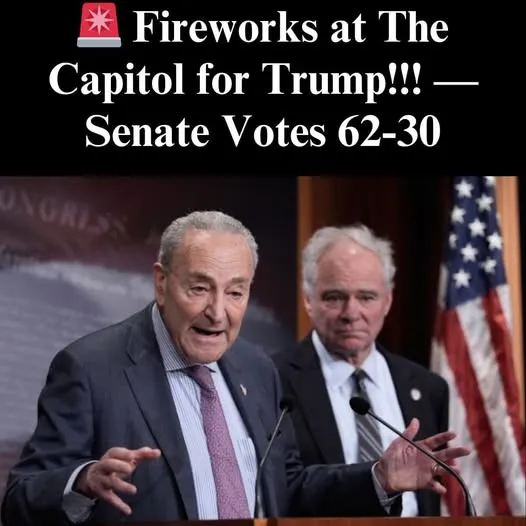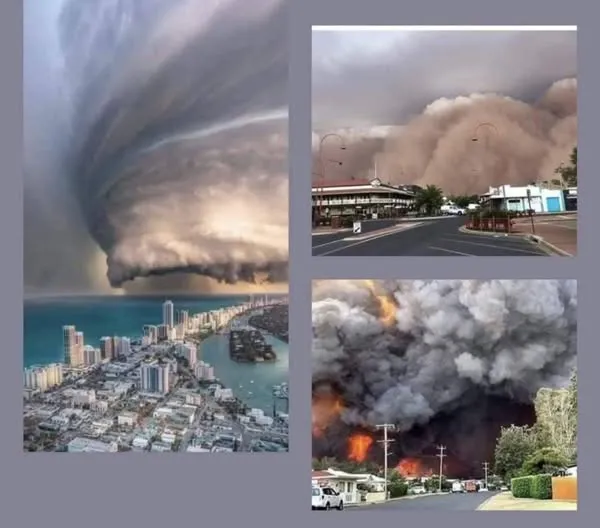Following a historic conclave, a new pontiff has emerged, surprising many, as he was not among the two cardinals widely seen as frontrunners, including one known for his singing abilities that had drawn both praise and criticism.
On April 21, 2025, Pope Francis passed away at 88, leaving his position empty in the Vatican and now the Catholic Church has a new leader, Pope Leo XIV. Two candidates who initially appeared strongest were not ultimately chosen. Here's what we know about the process and the cardinals who were expected to prevail.
The Vatican has a decree that outlines the timing regulations for beginning a conclave after the papal seat becomes vacant. In part, the document states that from the moment the papacy becomes vacant, 15 full days must pass before the conclave to elect a new pope begins.
This period allows time for all cardinal electors to arrive. However, if all the electors are already present, the College of Cardinals has the authority to start the conclave earlier. They may also delay it a few days beyond the 15, but only for serious reasons.
After 20 days have elapsed since the vacancy began, all cardinal electors present must commence the election. The voting process begins with the distribution of ballots marked with the Latin phrase "Eligo in Summum Pontificem" ("I elect as Supreme Pontiff"), where cardinals write the name of their chosen candidate.
Roles are assigned by lot: three scrutineers to count votes, three infirmarii to assist sick cardinals, and three revisers to verify the count. All non-electors exit the chapel before voting begins, and the doors are sealed.
Each cardinal elector, in order of precedence, casts their vote at the altar while reciting an oath invoking Christ as witness to the sincerity of their choice. Votes are collected in a chalice, and additional provisions are in place for those unable to walk or attend in person.
After all ballots are cast, they are counted and verified. If the count does not match the number of electors, the vote is nullified and repeated. Valid ballots are read aloud, tallied, pierced, threaded, and preserved. To elect a new pope, a candidate must receive a two-thirds majority, at least 89 of the 133 votes in the conclave.
Voting occurs up to four times daily, with ballots burned in a cast-iron stove first used in 1939. A second stove emits smoke signals from a chimney above the Sistine Chapel: black for no result, white for a successful election.
After every set of rounds without a result, pauses for prayer and spiritual exhortation are introduced. If 21 votes pass without success, the process narrows the choice to the top two candidates, though they cannot vote for themselves, and a two-thirds majority is still required.
Upon election, the new pope changes into white vestments in the "Room of Tears" before being introduced to the world. While several possible candidates had been mentioned during the 2025 vote, it was Pope Leo XIV, who was not among the top contenders, who ultimately emerged victorious.
The Leading Names Before the Surprise Pick
Cardinal Pietro Parolin (Italy, 70)
Parolin was born January 17, 1955, in Schiavon, northern Italy. After entering the seminary at 14 and being ordained at 25, he pursued canon law and entered Vatican diplomatic service, with postings in Nigeria and Mexico. He later managed Church relations with multiple countries, including China, from Rome.
The cardinal has also been involved in other controversies, including the Vatican's financial scandal, the Order of Malta crisis, and Spain's Franco memorial negotiations—though never indicted, his leadership has been questioned.
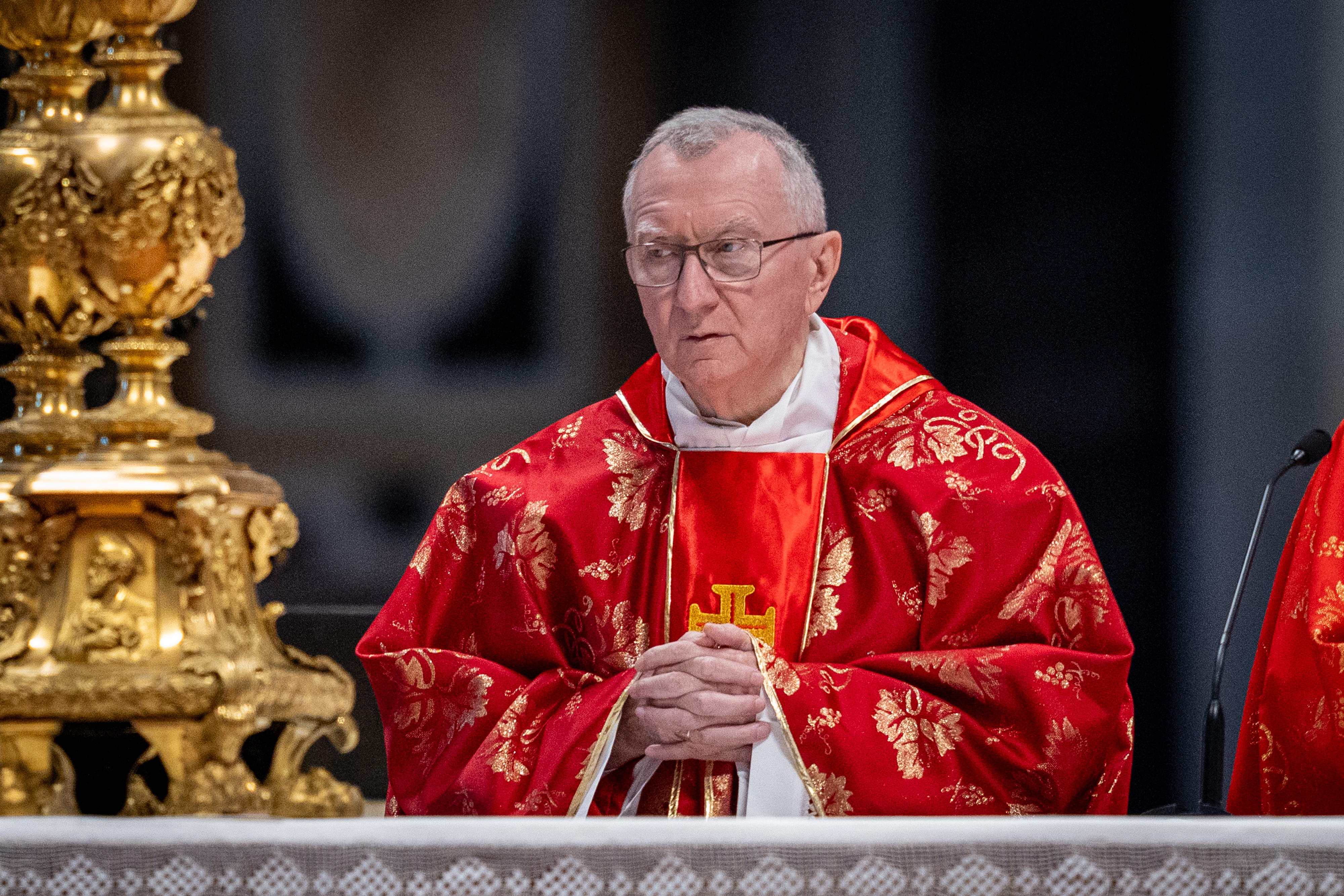
Cardinal Pietro Parolin at the "Pro Eligendo Romano Pontfice" final Mass on May 7, 2025 | Source: Getty Images
Fluent in several languages and close to Pope Francis, Parolin is seen as a pragmatic and discreet figure who might continue the late leader's reforms with more subtlety. Despite lacking parish-level pastoral experience, he is respected for his global outlook, diplomatic skill, and long tenure in Church governance.
He is one of the most familiar figures to the 133 cardinal electors due to his extensive travel and longstanding role in Vatican diplomacy. Known for his mild-mannered, pragmatic style, he is widely viewed as a steady hand.
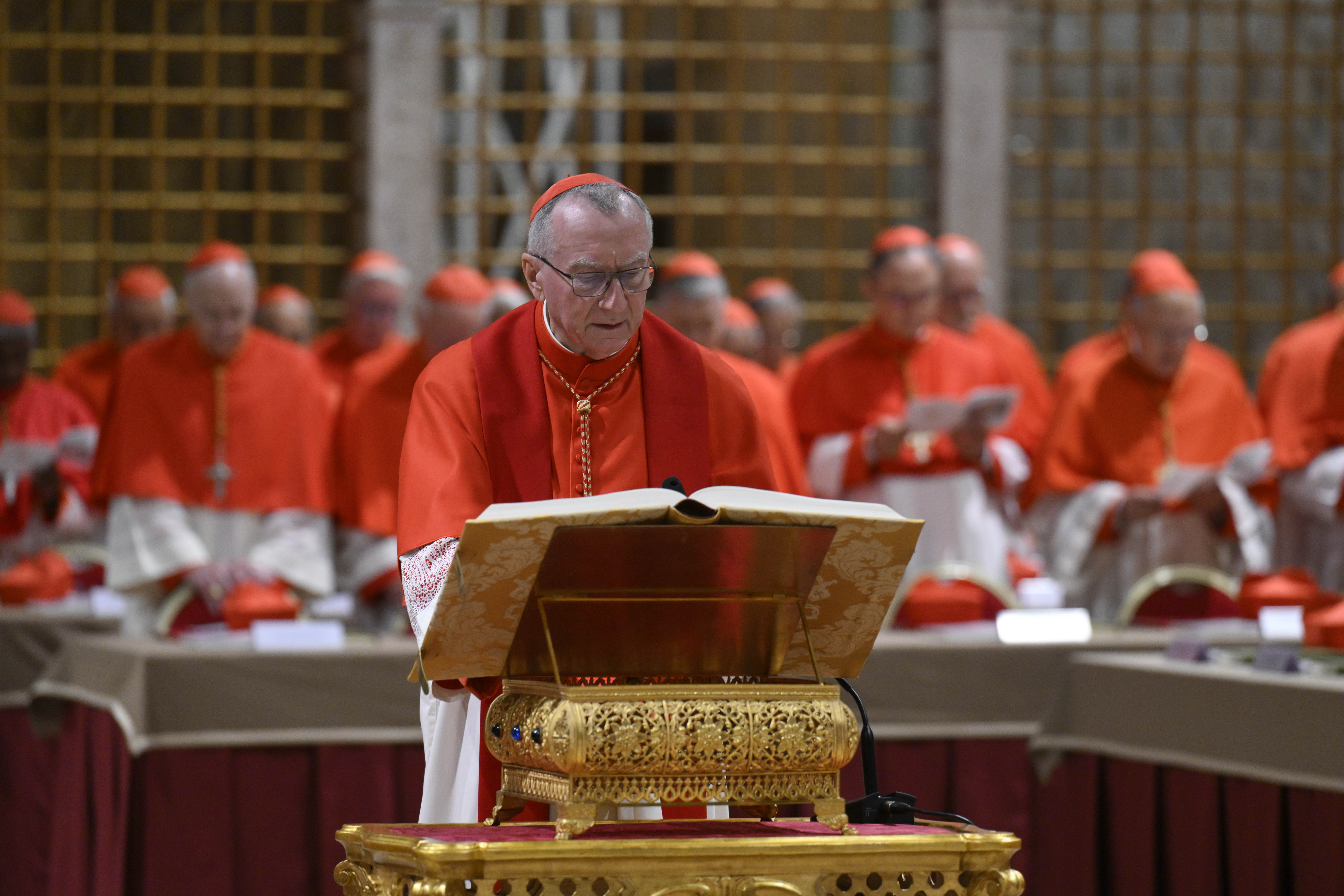
Vatican State Secretary Pietro Parolin speaks during the opening of the Conclave in the sistine Chapel | Source: Getty Images
He's neither overtly conservative nor progressive, and has managed delicate political situations and often stepped in to smooth over controversies caused by Pope Francis's public remarks.
Parolin's diplomatic track record includes managing sensitive relations with global leaders and navigating controversial moments, such as clarifying the pope's remarks on Gaza and Ukraine to foreign officials.
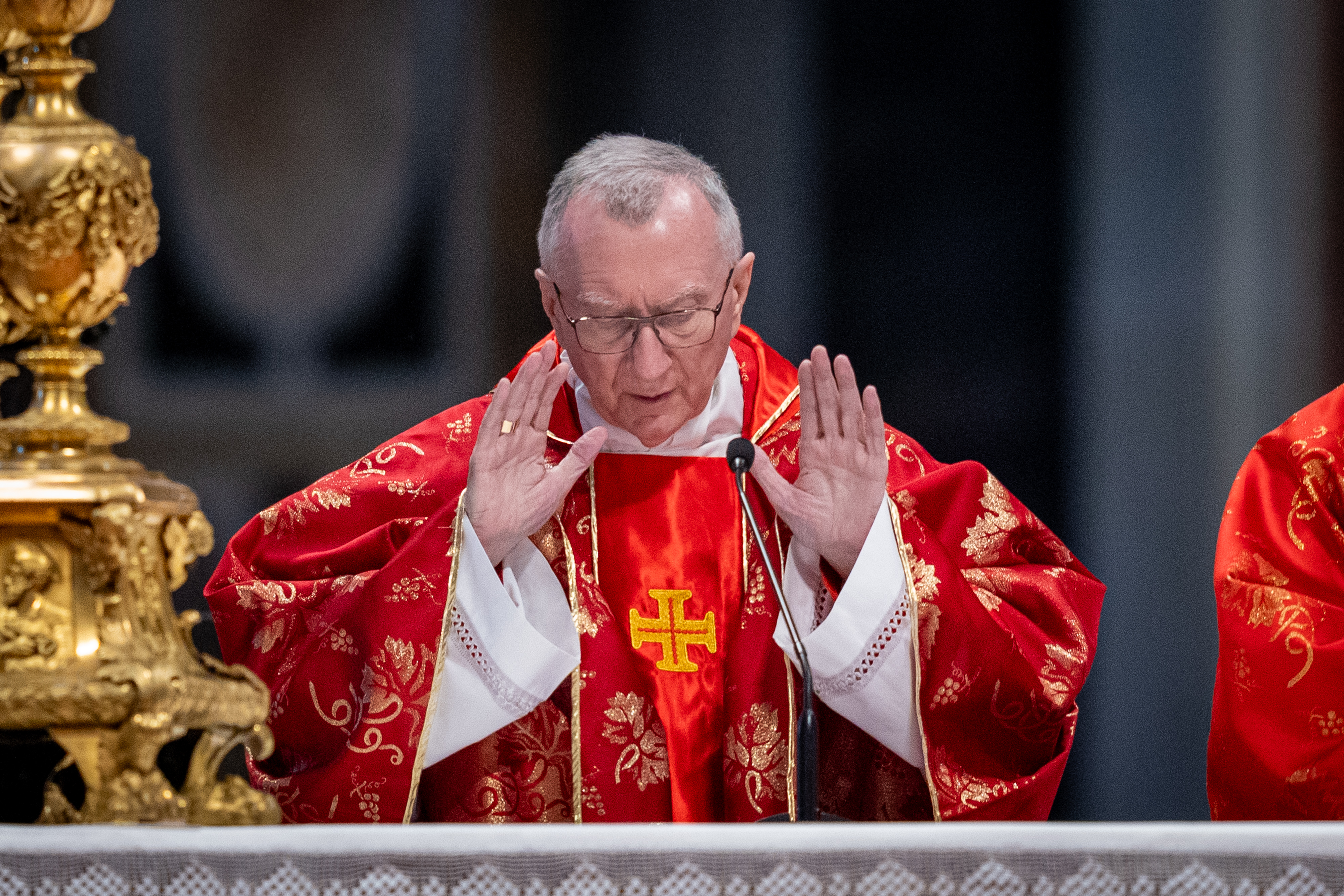
Cardinal Pietro Parolin at the final Mass with cardinals before the conclave to elect a new pope | Source: Getty Images
Despite never having led a diocese, his defenders argue his global diplomatic engagements have given him deep exposure to the Church's universal needs. However, his critics, particularly from conservative circles in the US and Asia, oppose his role in the 2018 secret agreement with China, which grants Beijing influence in appointing Catholic bishops.
He has also faced scrutiny over his department's financial oversight, notably involving a failed $140 million London real estate deal that led to a Vatican corruption trial. Though Parolin testified, he was not accused of wrongdoing.
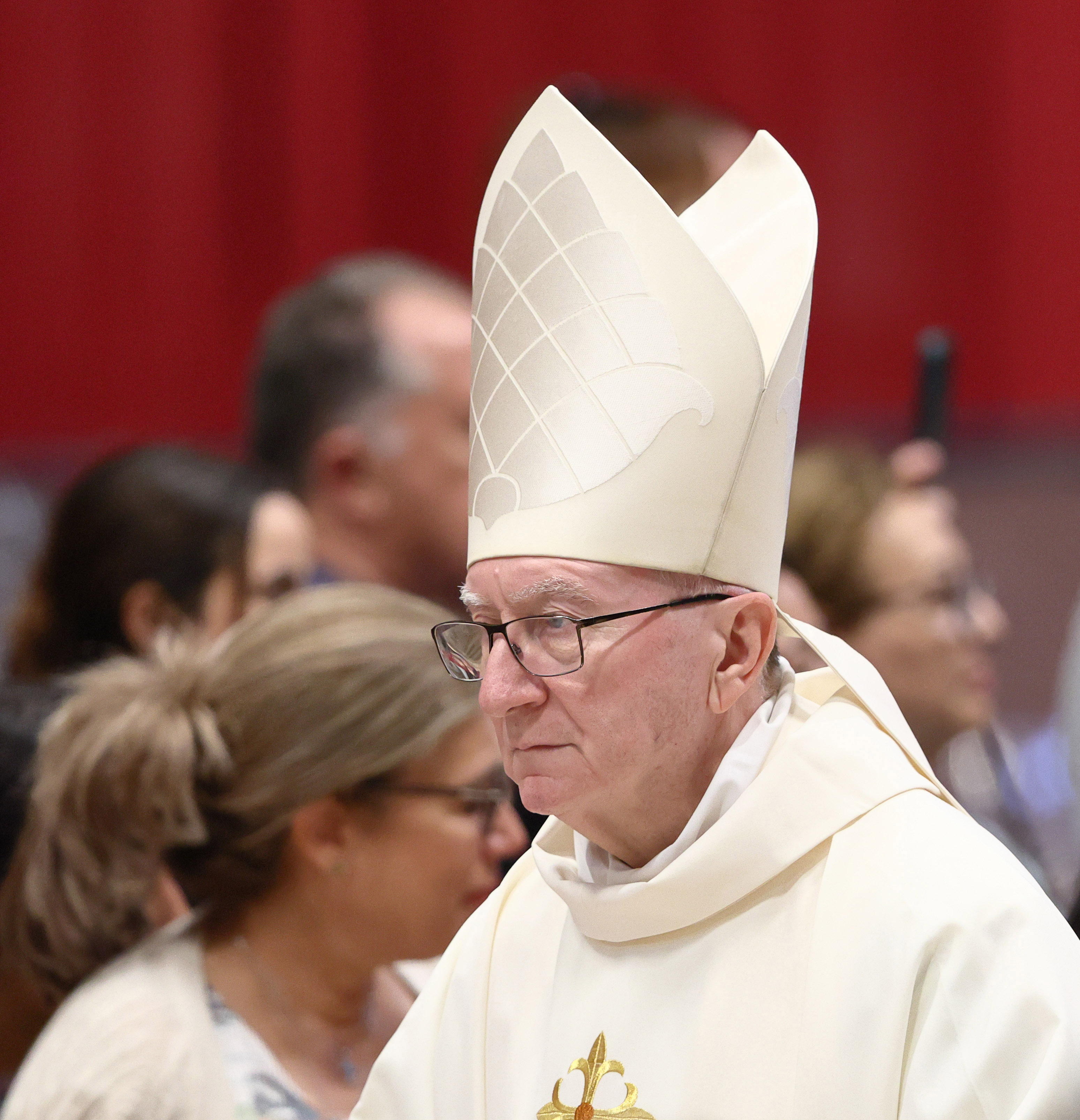
Cardinal Pietro Parolin during the Holy Mass on the ninth day of the Novendiali in Vatican City on May 4, 2025 | Source: Getty Images
Parolin, the Vatican's secretary of state since 2013, is perceived as a "continuity candidate" closely aligned with the late Pope Francis. He is a seasoned diplomat who has led sensitive negotiations.
Parolin's critics label him an ideologue too focused on diplomacy, while his supporters view him as a principled, peace-seeking realist.
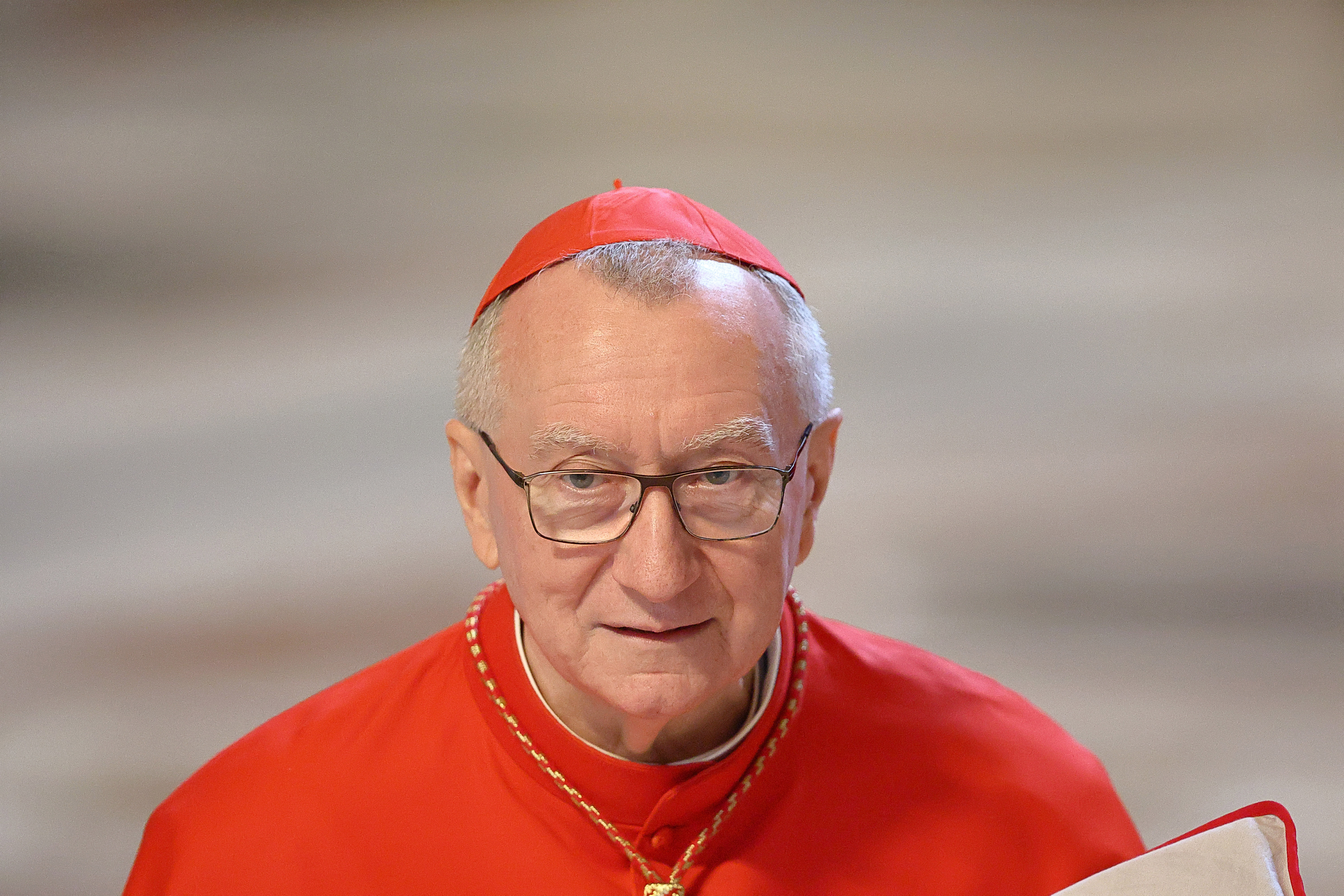
Cardinal Pietro Parolin during the Holy Mass for the election of the Roman Pontiff in St Peters Basilica on May 7, 2025 | Source: Getty Images
Seen by some as lacking Francis's charisma, Parolin is nonetheless respected for his competence and calm demeanor, with one insider likening him to "Clark Kent without the Superman part"—industrious, steady, and unflashy.
The cardinal visited Francis when he was in the hospital and also helped seal the papal apartments after he died. He also helped welcome cardinals he knew from around the world to the pope's funeral.
Parolin was seen talking to former President Joseph R. Biden Jr., President Zelensky, and former Prime Minister Matteo Renzi of Italy. Leading up to the conclave, he celebrated an outdoor Mass for tens of thousands of faithful on the steps of St. Peter's Basilica.
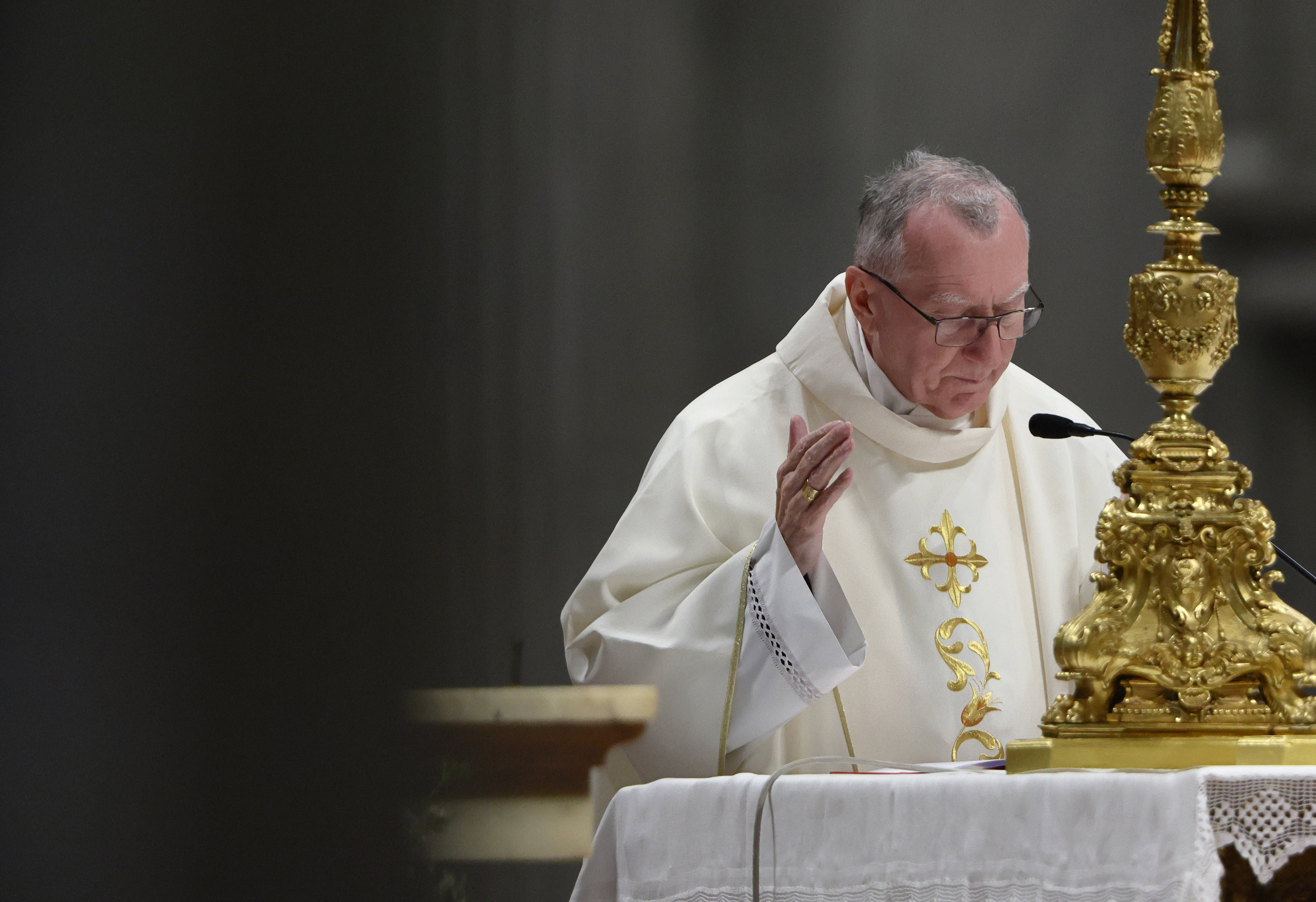
Cardinal Pietro Parolin during the Holy Mass in memory of the late Pope Francis | Source: Getty Images
According to reports, by May 7, 2025, both Polymarket and Kalshi placed Parolin in the lead. Bettors on Polymarket, an offshore cryptocurrency-based betting site, wagered more than $21 million, while those on Kalshi, a prediction market platform legally authorized to accept bets in the US, bet $8 million.
Parolin was generally considered more moderate than the liberal-leaning Francis, and papal experts noted him as a likely candidate. He had a 31% chance of winning the papacy on Polymarket and 32% on Kalshi.
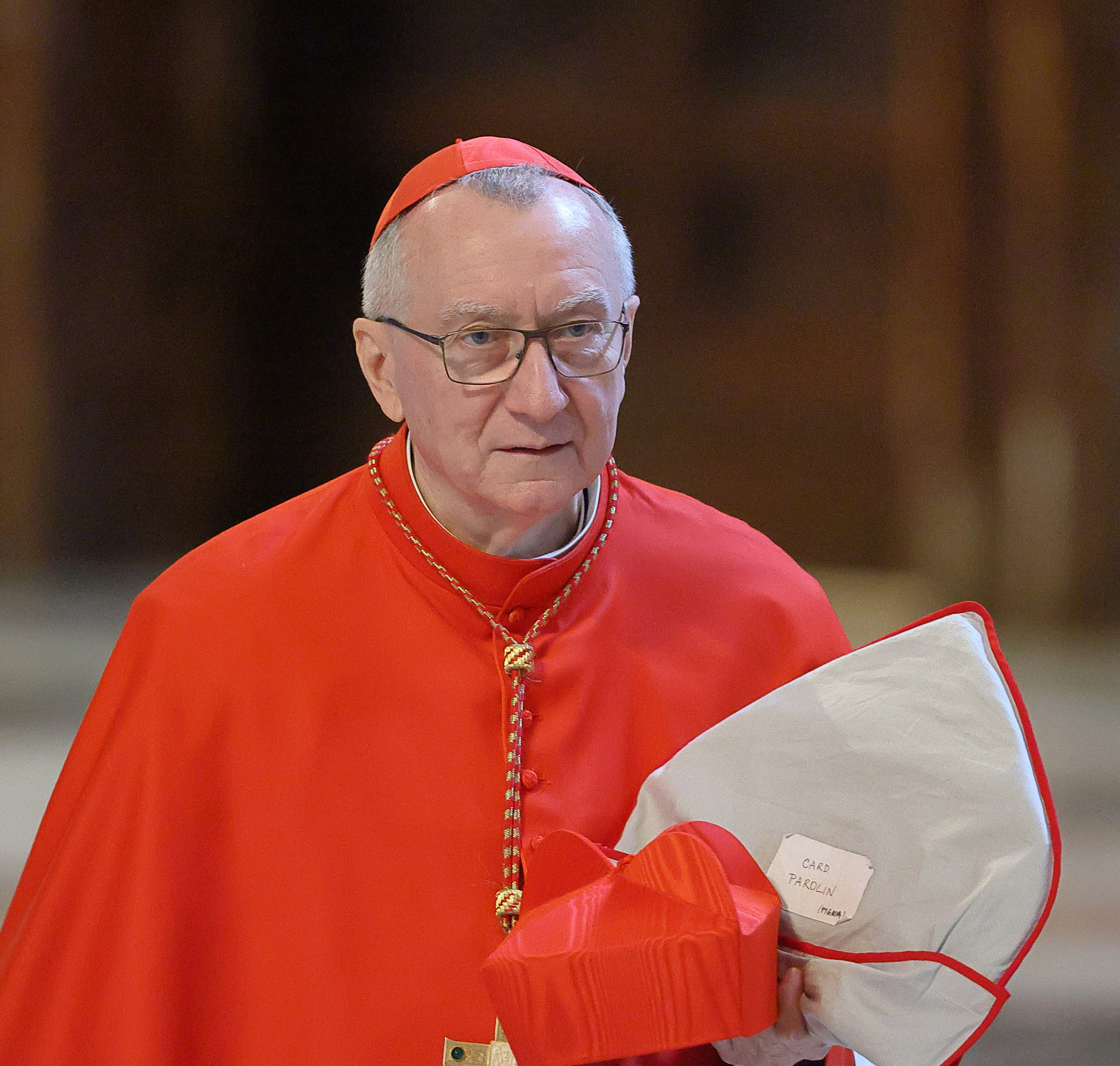
Cardinal Pietro Parolin during the Holy Mass for the election of the Roman Pontiff | Source: Getty Images
Luis Antonio Gokim Tagle (Philippines, 67)
Born on June 21, 1957, Tagle, known affectionately as "Chito," hails from a well-off Filipino-Chinese background. He was originally on a path to become a physician before entering the seminary, influenced by Jesuit mentors.
Ordained in 1982, he earned advanced theological degrees in the US. He became known for his association with the Bologna School, which views the Second Vatican Council as a decisive break from earlier Church traditions.
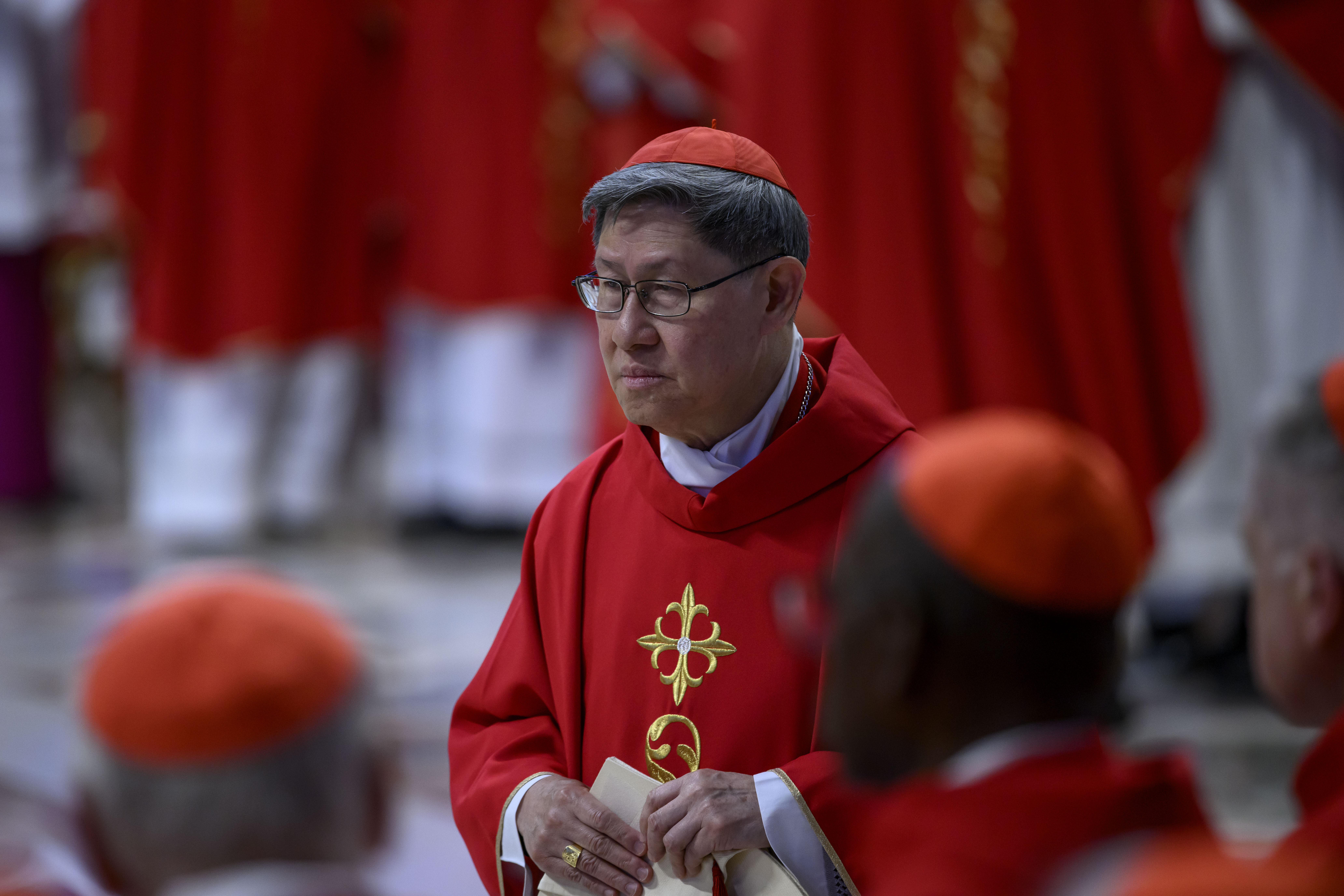
Cardinal Luis Antonio Gokim Tagle at the fifth Novemdiales mass held for the late Pope Francis on April 30, 2025, in Rome, Italy | Source: Getty Images
His ecclesiastical rise included serving as bishop of Imus and later archbishop of Manila. Elevated to cardinal by Benedict XVI in 2012, Tagle held leadership roles in major synods and global organizations like Caritas Internationalis. However, Pope Francis removed him from the latter's leadership in 2022.
Since 2019, he has served in Rome. He first served as prefect of the Congregation for the Evangelization of Peoples and then as pro-prefect of the Dicastery for Evangelization. Tagle is often seen as the "Asian Francis," reflecting pastoral warmth, emotional openness, and progressive leanings.
While he strongly opposes abortion and euthanasia, his views on Communion, homosexuality, and interreligious dialogue are more nuanced and have drawn both praise and criticism. His involvement in rituals like the 2019 Pachamama event and vague theological statements has raised questions among traditionalists.
In 2025, a controversial report alleged Tagle's indirect involvement in gambling via proxies in Macao, casting a shadow over his candidacy. Still, his global stature, experience, and alignment with Pope Francis's vision keep him in consideration, though his youth and perceived ambiguity on moral clarity may reduce his chances.
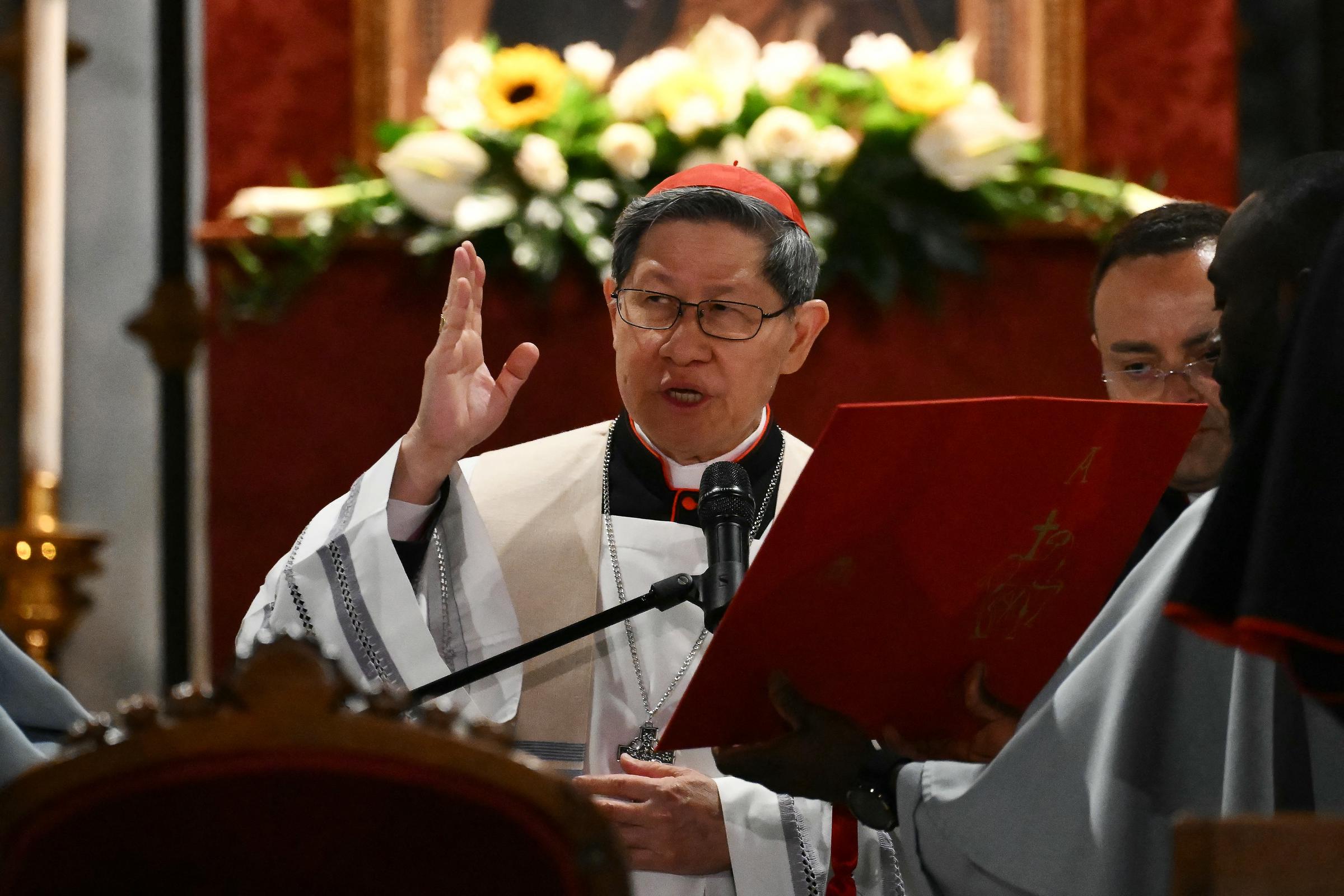
Cardinal Luis Antonio Gokim Tagle at a rosary prayer at Santa Maria Maggiore Basilica in Rome on April 24, 2025 | Source: Getty Images
Tagle would make history as the first Asian pope, fitting for a region with a rapidly growing Catholic population. Formerly Manila's archbishop, he was once believed to be Francis's favored successor due to his progressive views.
Though critical of the Church's stance on homosexual and divorced couples, Tagle maintains opposition to abortion rights in his home country. His star has dimmed recently, with signs suggesting he may have fallen out of favor within the Vatican hierarchy.
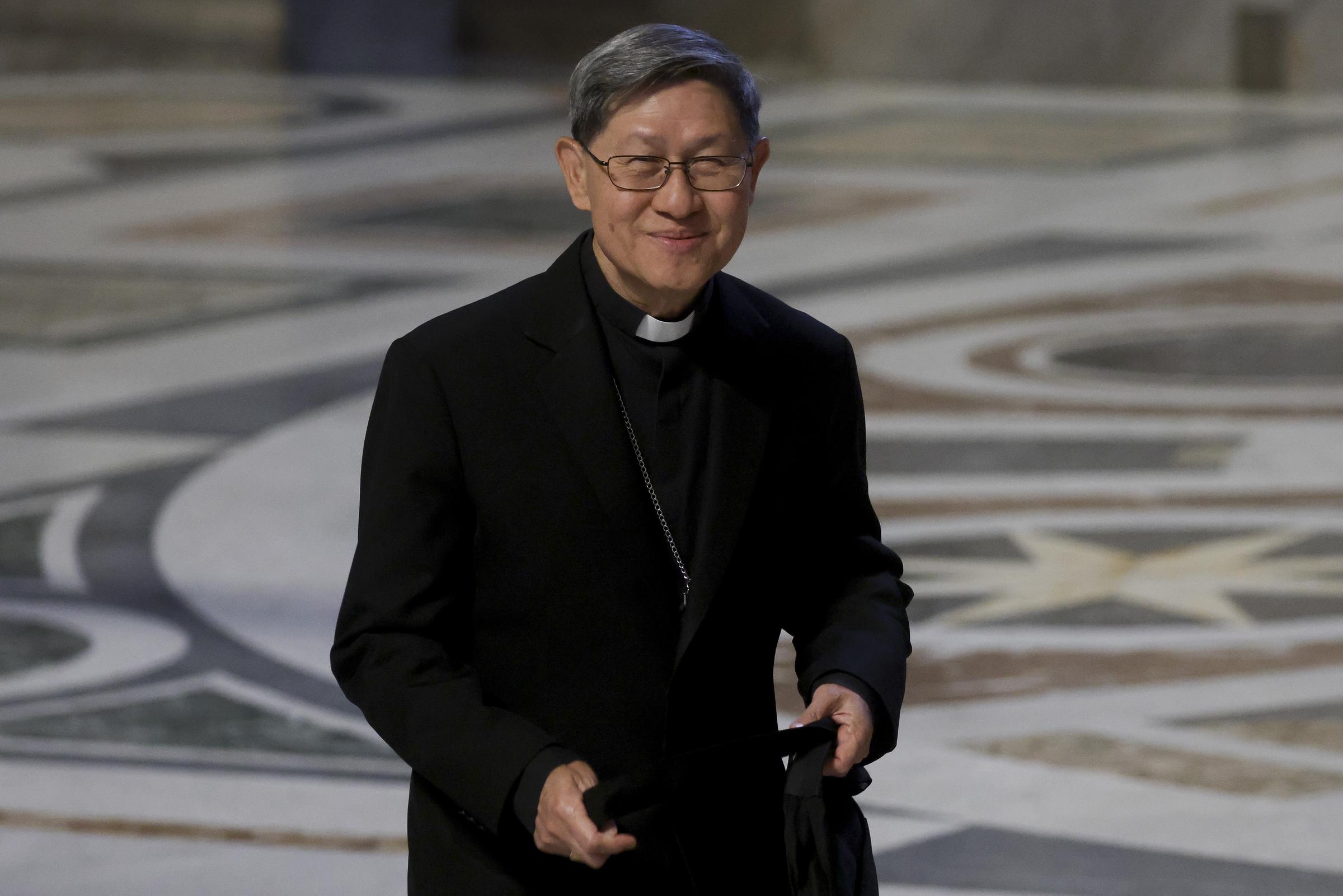
Cardinal and Archbishop of the Philippines Luis Antonio Gokim Tagle at St. Peter's Basilica for the ninth Novendiale Mass on May 4, 2025, in Vatican City | Source: Getty Images
Fluent in multiple languages, Tagle remains a notable figure with both devoted followers and skeptical critics. He is admired for his down-to-earth style—riding public transport, dining with the poor, and enthusiastically singing and dancing, earning him the nickname "karaoke priest."
In April 2025, a video of him dressed down in casual clothing while singing on stage went on the rounds on X. The post of him belting out John Lennon's "Imagine" brought up questions about him betraying Catholic teachings because of the song's lyrics.
However, it was reported that Tagle altered the lyrics to avoid including anything against religion. Seeing the clip, one person said, "Karaoke in the Vatican every Friday night… Pontifical High Mass hitting like crazy every time…May God grant us a pope who has the karaoke singing genes embedded in him…. [sic]"
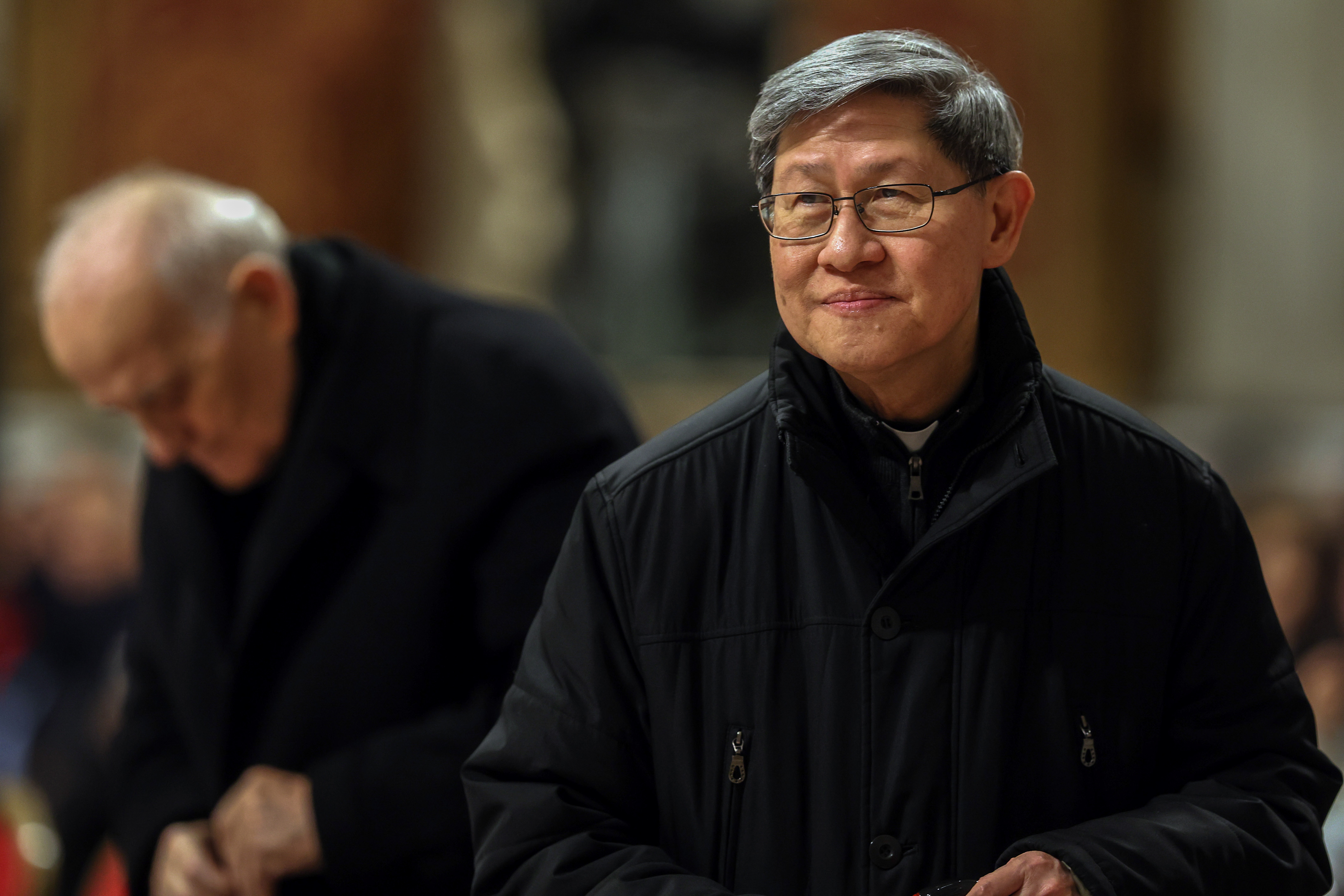
Cardinal Luis Antonio Gokim Tagle at the recitation of the Holy Rosary for Pope Francis on March 1, 2025 | Source: Getty Images
Another commented, "Pinoy Papa, let's gooooo [sic]," while someone else also approved, writing, "Karaoke every Friday night." He appeared in another jolly clip that same month, singing and gesturing with his hands and fingers while dressed in his cardinal clothing.
Seeing the clip, one fan stated, "HE IS THE ONE." A netizen questioned, "how can you not like him ... [sic]," adding, "Tagle forever ❣️." Someone else confessed, "I love this man. It's what we need. 👍🏻❤️."

